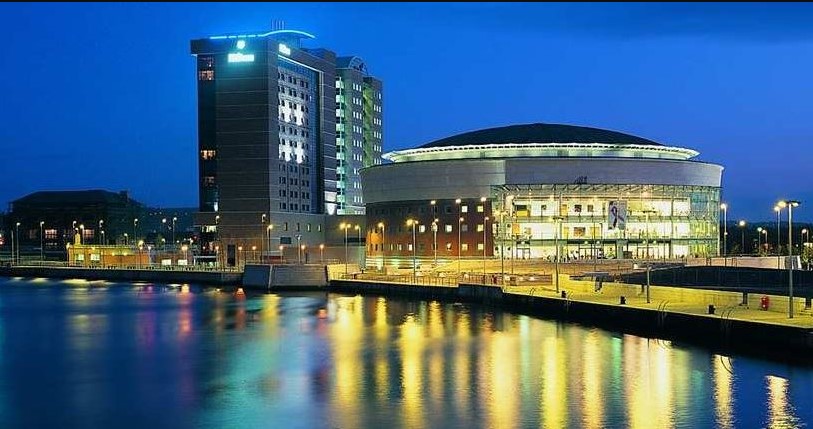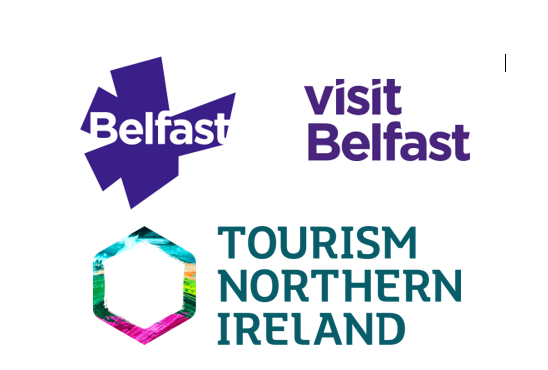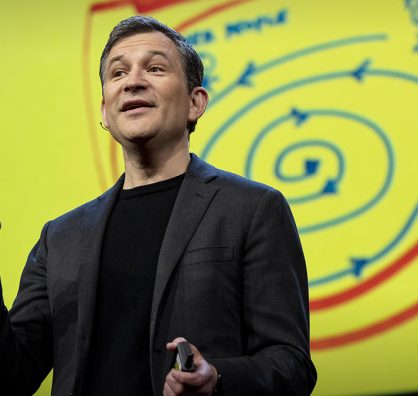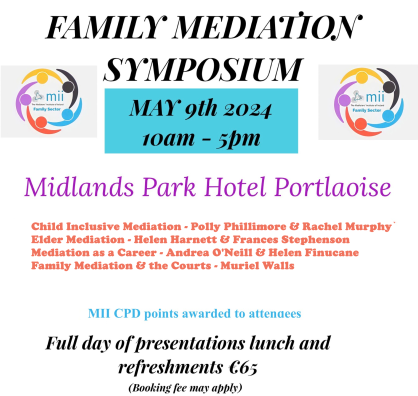
The MII Annual Conference 2024: Broadening Our Perspective on Mediation
Confirmed Sessions and Speakers
Our annual conference in association with Visit Belfast on 18-19th October is coming together very well and we have a number of exciting sessions and great speakers confirmed, with more to be announced in the coming weeks…
Don’t miss out – register your interest now: MII Annual Conference 2024 expression of interest (google.com)
Friday Keynote Speaker: The Role of Mediators in Conflict Zones Part 1: Helping People Find Peace in the World. Our first keynote speaker is Baroness Cathy Ashton, former High Representative of the Union for Foreign Affairs and Security Policy and First Vice President of the European Commission in the Barroso Commission from 2009 to 2014. Having worked in conflict zones including Kosovo, Crimea and Iran, Cathy discusses the qualities that have most helped in her diplomatic career and that are likely to be equally valuable to mediators in many areas of the world.
This session includes a semi-structured interview conducted by Enda Young, Director of Mediation NI.
The Role of Mediators in Conflict Zones Part 2:The Need for Positive Peace on the Island of Ireland. Cathy and Enda join our panel of expert mediators to discuss other factors that might impact on the success of mediation (and mediators) in conflict situations on the island of Ireland and elsewhere. Our other panellists include Pat Hynes, Programme Manager Political Dialogue & Legacy, Glencree Centre for Peace & Reconciliation.
This session is chaired by Tony Davis, Community Mediation Sector Lead, MII.
The MII TED Talk Club – Live and (Not) Dangerous
The MII TED Talk Club started online in January 2024 and has a strong following. The concept is simple – we all watch a TED Talk video online and, with the help of an expert panel, discuss its relevance to mediation and mediators. The topics might include debate, revenge, compassion, bullying, re-framing, inclusion. The only real difference at the conference is that your panel (and you) will be live in the room. If you haven’t joined the MII TED Talk Club online, you’ll be amazed at what you will learn at this session. If you have previously joined us online, you’ll still be amazed!
Saturday Keynote Speaker: Psychologically Informed Mediation: Studies in Conflict and Resolution. Renowned author Monica Hanaway is an accredited UKCP psychotherapist (1994), accredited mediator, clinical supervisor, executive and leadership coach, trainer and consultant. In this session Monica explores the understanding of conflict and the use of a psychologically informed mediation approach to help resolve it. Audience question time will follow Monica’s presentation.
Risk Assessments for Mediators. Mediation is not risk-free for mediators. What professional issues should mediators be concerned about? What questions should they ask themselves before they say yes (or no) to taking on a case? When might they need to call in external help or experts? Should mediators ever offer post-mediation check-ups in relation to mediated settlements? When should a mediator bring a mediation to an end? Dorcas Crawford, former solicitor and founder of The Better Way, sets out a checklist to help mediators assess risk and decide whether or not they should agree to mediate in a dispute.
Keeping the EI in AI: Mediators v Machine. Generative artificial intelligence options can be used to create mediation simulations and training scenarios. It can be your mediation training partner, can even give you feedback on your questions, and act as a sounding board. But…
- Is AI better than a living breathing mediator?
- Does AI lack emotional intelligence and a mediator’s elan?
- Are AI suggestions to mediation problems as good as those provided by working mediators?
- What do experienced mediators and AI think we should do in tricky situations?
- When should mediators press on with a mediation and when should they call for a caucus?
- What are the signs that a party lacks the capacity to make rational decisions?
- How do you spot the signs that a party is in a positive frame of mind and might be ready to settle?
- What techniques and words might help shift a party’s thinking, reduce their stress levels and allow them to come into mediation more in expectation than hope of a positive outcome?
Our expert panel compare their views LIVE with those of ‘ChatBob’ (Bob Cree-Hay, MII Council Member working with ChatGPT on screen).


